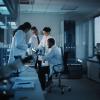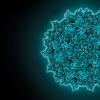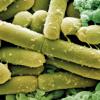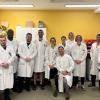A new study describes the use of phage therapy to eradicate multidrug-resistant Pseudomonas aeruginosa infections in vivo with important new implications for antibiotic resistance.
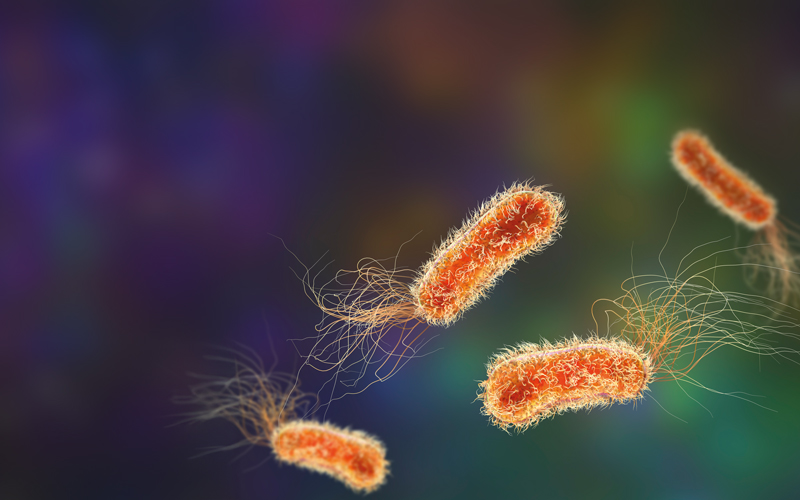
University of Liverpool research shows important new findings in the fight against the World Health Organization’s (WHO) priority pathogen.
Antibiotic-resistant P. aeruginosa is recognised by the WHO as a priority 1 pathogen, with urgent need for new therapeutics. As such, there is renewed interest in using bacteriophages (phages).
Phages can be used to treat bacterial infections and reduce resistance to antibiotics by removing biofilms, which reduce antimicrobial effectiveness. Each phage can target individual bacteria, can be combined with multiple phages and antibiotics, and adapted specifically for each individual patient.
A new paper illustrates the possibilities in using phage therapy to reduce the bacterial burden of multidrug-resistant P. aeruginosa and simultaneously re-sensitise these bacteria to antibiotics.
The lead investigators, Professor Jo Fothergill, and Professor Aras Kadioglu said: “Phage therapy displays strong therapeutic potential, clearing infection from multiple organ sites and blood. Some remaining bacteria, particularly in the lungs, display phage resistance due to limiting phage adsorption. Amazingly, however, resistance to phage results in re-sensitisation to a wide range of antibiotics, eventually leading to bacterial clearance.
“The potential to use phage therapy to reduce the bacterial burden of pan-resistant P. aeruginosa and re-sensitise bacteria to antibiotics is game-changing. Therefore, sequential administration of bacteriophage and antibiotic therapy could be a viable solution in combating pan-resistant P. aeruginosa infections.”
Image Credit | Science Photo Library

